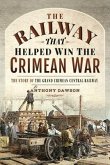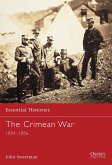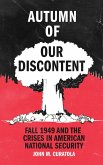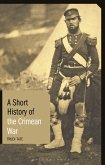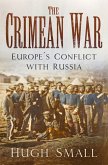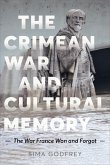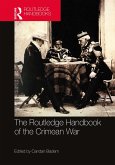As the snow fell on the face it froze, and my hair was matted with ice, and icicles formed on my eyelashes. So intense was the cold that whenever I was compelled in visiting the sentries or otherwise to face the blast, my nose burst out bleeding, which with the exposure exhausted one so much, that it was only the certainty of never rising again that prevented me throwing myself down in the snow.'This is just one of many lurid passages from the letters of William John Rous, who arrived in the Crimea in December 1854 with his regiment, the 90th (Perthshire) Regiment. Throughout the following months Rous wrote a series of letters describing the ordeal of life in the trenches before Sevastopol in graphic detail. These letters have remained unpublished ever since. Now though Ian Fletcher, one of the leading authorities on the Crimean War, has edited and illustrated Rous's work for republication. The letters were written during what was the most controversial period of the Crimean War for the British army, for it was during this period that the shortcomings in the army were cruelly exposed during a bitter winter which saw more British soldiers die of cold, disease and overwork than were killed through enemy action. Rous's words bring home the terrible conditions in the trenches, the lack of sleep, the endless overwork, the constant fear and threat of a Russian sortie, not to mention the ever-present dangers posed by the Russian guns inside the city. Rous's experience sheds new light on one of the most famous but tragic campaigns ever fought by the British army.
Hinweis: Dieser Artikel kann nur an eine deutsche Lieferadresse ausgeliefert werden.
Hinweis: Dieser Artikel kann nur an eine deutsche Lieferadresse ausgeliefert werden.


